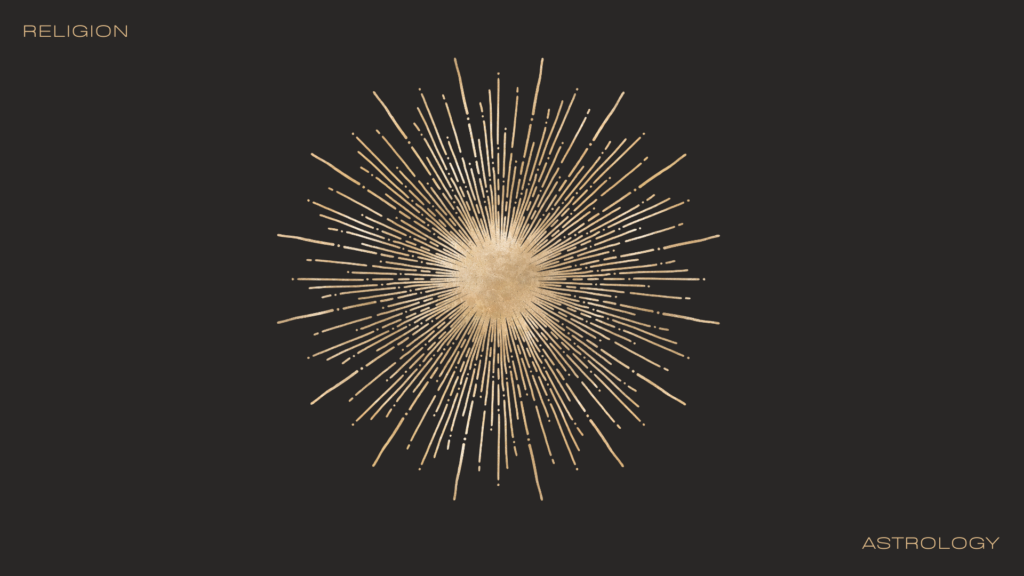Religion and astrology are two distinct yet interconnected facets of human belief systems, influencing individuals and societies across time and cultures. Religion typically encompasses a set of beliefs, practices, and moral values centered around a higher power or powers, providing a framework for understanding existence and guiding ethical conduct. Astrology, on the other hand, is the study of celestial bodies’ positions and movements to divine information about human affairs and natural phenomena.
Religion serves as a cornerstone for many individuals, offering answers to existential questions and providing a moral compass for navigating life. It often involves organized worship, rituals, and adherence to sacred texts. The diversity of religions worldwide reflects the varied ways in which communities interpret the divine and establish connections with the transcendent. These belief systems play a crucial role in shaping cultural identity, influencing art, literature, and social practices.
Astrology, though not a religious system in itself, has historical and cultural ties with spirituality. It posits a connection between celestial events and human destinies, suggesting that the positions of planets and stars at the time of one’s birth can influence personality traits and life events. While some view astrology as a pseudoscience lacking empirical evidence, others find comfort and guidance in its predictions.
Both religion and astrology share the common ground of providing a sense of purpose and meaning. Religious doctrines often address the fundamental questions of life, death, and the afterlife, offering solace and a sense of community. Astrology, too, offers a framework for understanding one’s purpose and destiny, albeit through a cosmic lens. Individuals turn to these belief systems in times of uncertainty, seeking reassurance and guidance in navigating life’s complexities.
However, the relationship between religion and astrology is not always harmonious. Some religious traditions view astrology skeptically or condemn it as incompatible with their doctrines. They argue that relying on celestial bodies for guidance may detract from faith in a higher power. Conversely, others seamlessly integrate astrology into their spiritual practices, viewing it as a complementary tool for self-discovery.
The historical intertwining of religion and astrology is evident in ancient civilizations where celestial observations influenced religious calendars, rituals, and mythologies. Many ancient temples and monuments were constructed in alignment with celestial events, showcasing the profound impact of the cosmos on religious practices.
In contemporary society, both religion and astrology continue to shape individual beliefs and worldviews. While some individuals strictly adhere to the tenets of organized religions, others find spiritual fulfillment in personalized blends of belief systems, incorporating astrological insights into their understanding of self and destiny.
In conclusion, religion and astrology represent diverse avenues through which individuals seek meaning, purpose, and guidance in their lives. Whether through organized worship, adherence to sacred texts, or the study of celestial bodies, these belief systems offer frameworks for understanding the mysteries of existence and provide a source of comfort in the face of life’s uncertainties. The dynamic interplay between religion and astrology reflects the intricate tapestry of human spirituality throughout history and across cultures.

